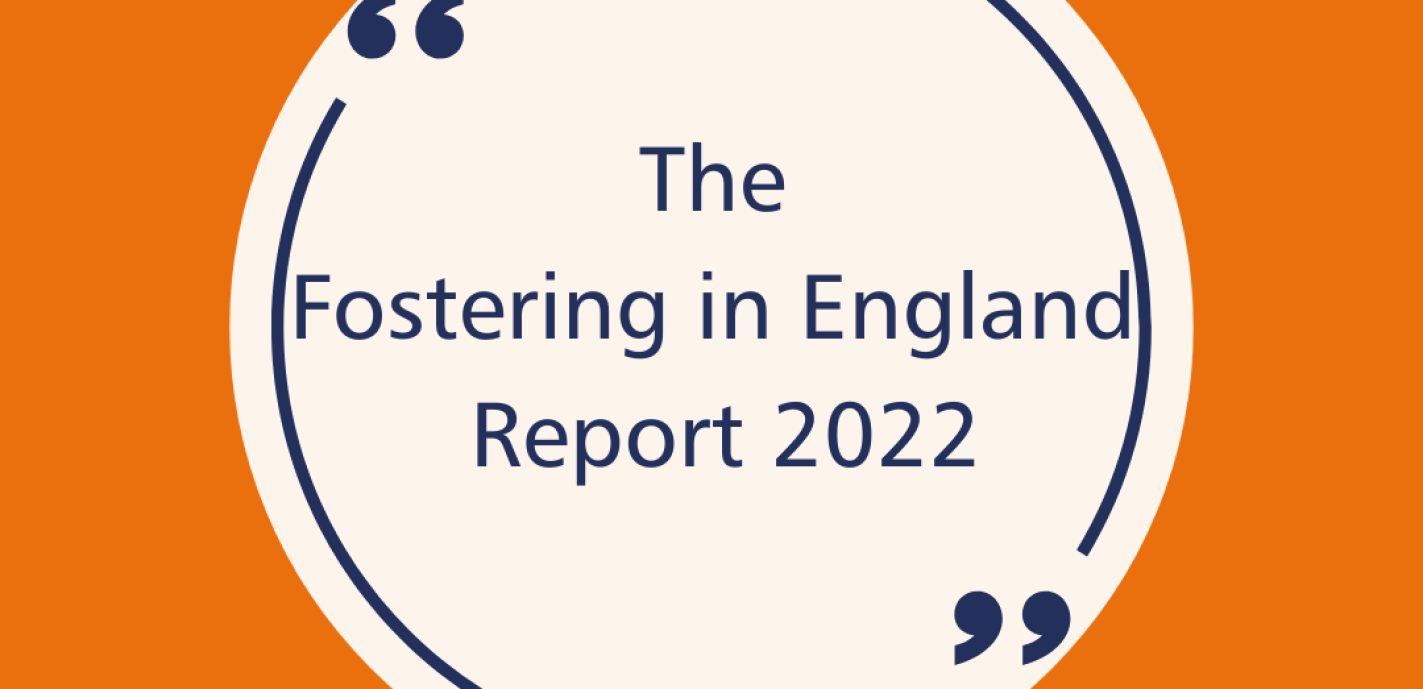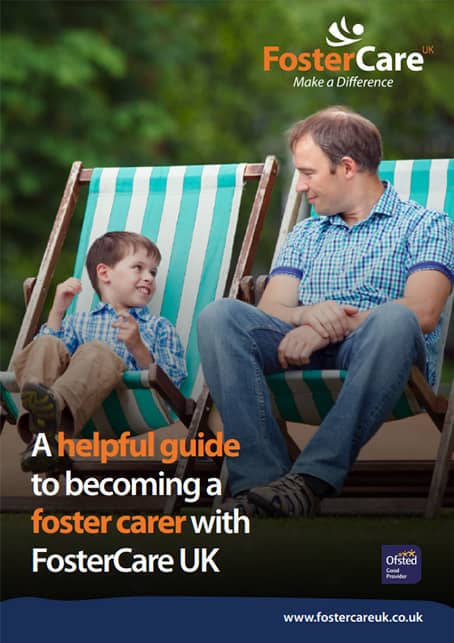


12th December, 2022
With the release of The Fostering in England Report 2022, one thing is certain, we are facing a carer shortage in the UK. A major finding of the report, conducted by the Office for National Statistics and Ofsted, is that capacity in mainstream fostering has been facing a downward trend since 2018.
We must ask why? as the report shows, has the number of applications fallen over the last five years?
With many of the people who make enquiries about becoming fosters carers not transforming into real applications, we need to examine the current climate to help us get to get to the answer. We faced a global pandemic with many people still feeling the effects. It is understandable that people might be more cautious about welcoming a new addition to their home, we also saw many people migrating to home working which has meant spare rooms converting into home offices. Add in an energy crisis, and a cost-of-living crisis and there are many reasons to hesitate.
However, we would encourage a shift in perspective, as all of those reasons are also contributing to more children needing substitute family care in a stable and supportive environment. There are many reasons as to why a child or young person needs alternative care, all without exception will have been through a lot. No one experience is the same for any looked after child, they might have endured a bereavement or family members taken ill. Every experience is unique in its own right.
Of course, prospective foster carer concerns are also valid and whilst there are some legitimate barriers, there are also many misconceptions. People often worry that they are too old or have concerns about their own children if they chose to foster. This is where Foster Care UK come in, to reassure and challenge those misconception. Indeed, we have no upper age limit as to who can foster, and we hear over and over again how mutually beneficial and enriching fostering can be for the wider family.
Conversely, the report refers to the use of Independent Fostering Agencies (IFA’s) such as Foster Care UK being on the rise, and this is much needed to support the growing need of providing diverse fostering households in order to meet the individual needs of children and young people.
If you would like to read the full report it can be found here.
If you’ve got any questions or would like to find out more about fostering with Capstone, fill out the form below.
An experienced fostering advisor from your local area will then be in touch.
By signing up, you will receive our latest fostering stories every two months.

Start the conversation today. Our team of friendly advisors are on hand to answer any foster care questions you may have. We can offer you honest and practical advice that can help you decide if becoming a foster carer is the right path for you.


